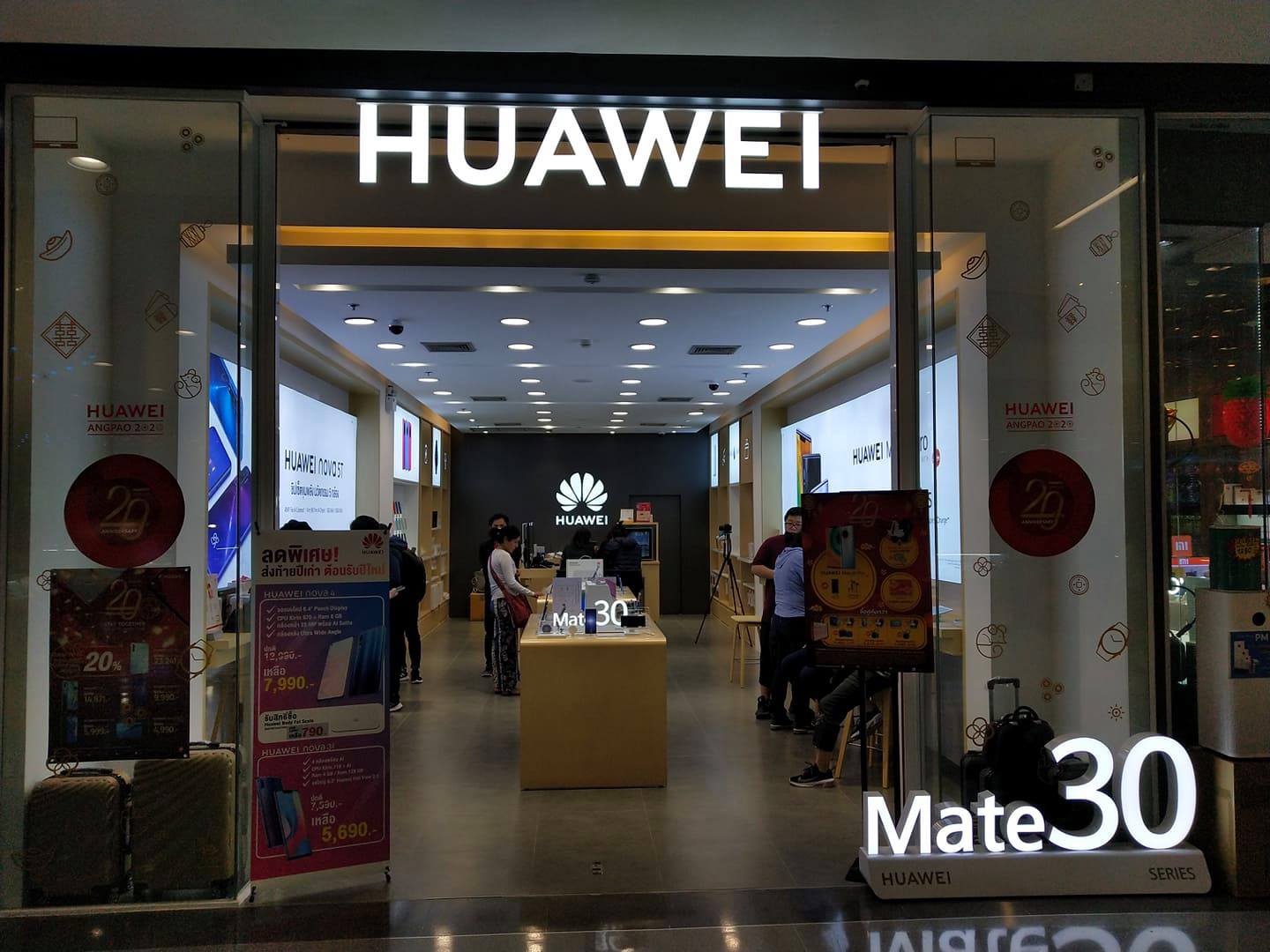 EMERGING TECH
EMERGING TECH
 EMERGING TECH
EMERGING TECH
 EMERGING TECH
EMERGING TECH
In a partial snub to the U.S. government, the U.K. will allow Huawei Technologies Co. Ltd. to participate in the country’s 5G rollout, though with some restrictions.
While giving approval to Huawei, the U.K. government has designated the company a “high -risk vendor” and will exclude the company from sensitive “core” parts of 5G and gigabit-cable networks. Huawei, along with other Chinese companies deemed high-risk vendors, will also be restricted to no more that 35% per company for providing equipment to non-sensitive parts of the network.
High-risk vendors are “those who pose greater security and resilience risks to U.K. telecoms networks,” the U.K. government said in a statement. Sensitive areas in which the suppliers are excluded include critical national infrastructure, security-critical “core” functions and sensitive locations such as nuclear sites and military bases.
“The government is certain that these measures, taken together, will allow us to mitigate the potential risk posed by the supply chain and to combat the range of threats, whether cybercriminals, or state-sponsored attacks,” the U.K. government added.
The decision comes after intense lobbying from the U.S. Earlier this month, U.S. security officials met with U.K. government ministers and warned that giving Huawei access would result in security risks and was “nothing short of madness.”
Dimitris Mavrakis, research director at ABI Research, told SiliconANGLE that the news was good for Huawei and that the tech market advisory firm is “thrilled to see the British government taking informed advice” from its security advisers and telecom service providers.
“This move will encourage other governments to take similar initiatives and welcome Huawei back to the list of key suppliers and innovators in the 5G era,” Mavrakis added. “The decision is a good compromise between alleviating these ‘security’ concerns and making sure that the 5G U.K. market is not harmed. It also means there will be minimal disruption to existing 5G rollout plans.”
Terry Dunlap, a former NSA offensive cyber operator and co-founder of firmware security company ReFirm Labs Inc., took a contrary view, noting that the Chinese government is indeed the company’s business partner, meaning security risks are real.
“The evidence for concern continues to pile up,” he said “Our work analyzing and vetting firmware has found several embedded back doors in Chinese-made gear. For example, in 2013 we found purpose-built back doors in Huawei equipment. In 2017, we saw the same embedding technique in Dahua security cameras. This is not happening by accident.”
Dunlap added that Huawei gets its foot in the door through attractive pricing subsidized by the Chinese government. “Their strategy is long-term, slowly over time adding more and more pieces of communications gear until the eventual switching costs you would face from a nonsubsidized replacement option become huge,” he said. “We cannot be penny-wise and pound-foolish. There’s too much at stake.”
Support our mission to keep content open and free by engaging with theCUBE community. Join theCUBE’s Alumni Trust Network, where technology leaders connect, share intelligence and create opportunities.
Founded by tech visionaries John Furrier and Dave Vellante, SiliconANGLE Media has built a dynamic ecosystem of industry-leading digital media brands that reach 15+ million elite tech professionals. Our new proprietary theCUBE AI Video Cloud is breaking ground in audience interaction, leveraging theCUBEai.com neural network to help technology companies make data-driven decisions and stay at the forefront of industry conversations.